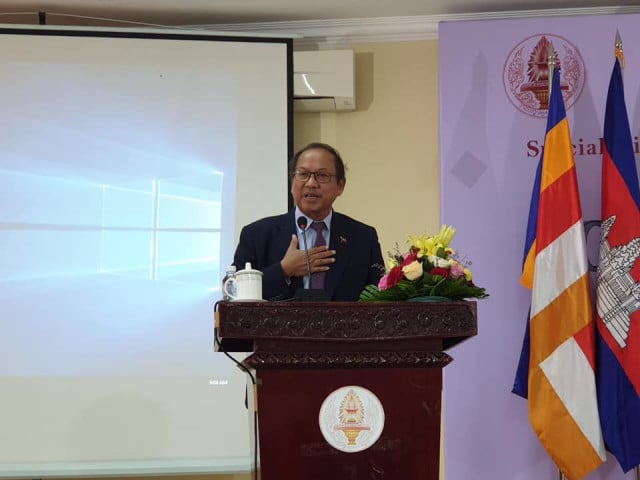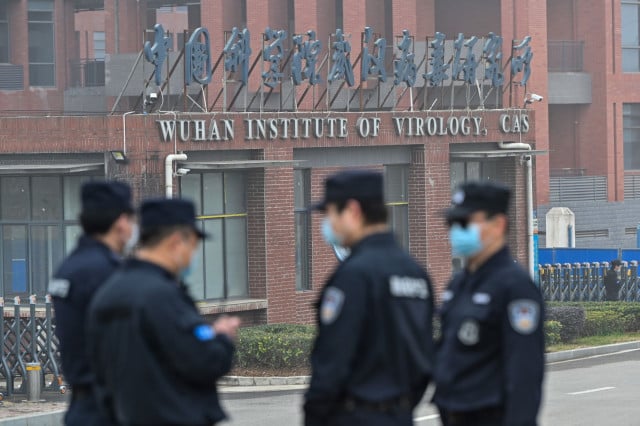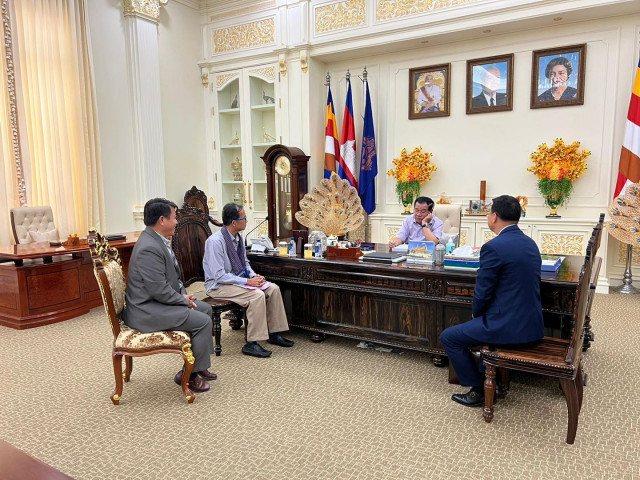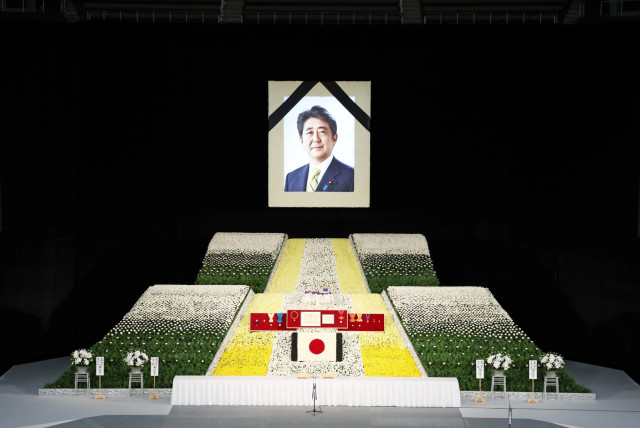Government Defends US Lobby Firm Deal

- By Sam Sopich
- January 27, 2022 6:03 PM
Critics call for anti-graft strategy instead
PHNOM PENH--The Cambodian government says it has hired a lobby firm to attract US investment and boost the economy. However, an NGO urged it to concentrate on promoting human rights and anti-corruption measures to get results.
Government spokesman Phay Siphan said it was normal to hire lobby firms to promote relations. Even neighbouring non-democratic countries such as Vietnam use this strategy to attract US investment.
Foreign lobby groups were legal businesses in the US to explain and promote bilateral relationships, he said.
“It’s a norm for many countries to hire lobby groups to build mutual understanding and make sure that they are not afraid of each other. They have no concerns other than pushing bilateral economic growth,” he said.
Asked if Cambodia should promote internal human rights and democracy rather than make a huge investment to improve its image, Siphan said, “Those political and socio-economic analysts don’t understand this issue clearly.
“There had been no talk about democracy in Vietnam. The US strengthened trade with Vietnam without focusing on human rights because of the lobby strategy. Please look at neighboring countries.”
Law firm Akin Gump will work to maintain open lines of communication to ensure a more reasoned and balanced set of messages around the vitally important Cambodia-US relationship, the firm says in its agreement with Cambodia.
The agreement says lawyers in the firm should perform the highest quality work, in a timely and effective manner and at the lowest cost. The firm would also employ non-legal personnel where lawyers are not needed for efficient performance of services.
Pech Pisey, executive director of Transparency International, said the issue depends on the purpose of the agreement and if lobby groups were hired to advance the nation’s interest. It was normal for many countries to persuade the US to strengthen bilateral trade and economic development.
“I totally agree with the government using a lobby strategy in the national interests by promoting both countries trade, creating conditions for Cambodia to build its economy,” Pisey said.
“However, if this strategy aims to lobby political parties or activists, or affect the public interests, it’s absolutely wrong.”
Firms that countries hire for lobbying employ mostly experts and former governments official who have influence on US decisions, so they are a service business that charges a fee to provide a service, he said.
Pisey suggested also that Cambodia should promote internal human rights and harmonization of the people, especially fighting corruption, to attract more investment because it benefits the country. It should not wait until a major power applies sanctions.
The agreement is signed by Kem Ruyzun, Cambodia’s interim charge d’affaires in the US and Scot David Parven, representative of Akin Gump with a flat fee of $60,000 per month for a year from Jan. 1. The aim is to build a new relationship between Cambodia and the US.
The law firm, whose full name is Akin Gump Strauss Hauer & Feld, has a former Obama White House adviser among its team handling Cambodia.
This is the third time the Cambodian government has spent hundreds of thousands of dollars a year hiring American law firms to provide persuasive services related to US policy toward Cambodia. In March 2019, Cambodia hired the Brownstein Hyatt Farber Schreck lobbying company for $720,000 per year. The following month, it hired another lobbying company, PacRim Bridges, for $500,000 per year.
On Jan. 25, Transparency International released the 2021 Corruption Perceptions Index in which Cambodia ranked 157 out of 180 countries analyzed with a score of 23 out of 100 possible points, with 100 being the best.
Cambodia ranked the worst for corruption in ASEAN and remains the third lowest-scoring country in the Asia-Pacific region, narrowing outperforming Afghanistan and North Korea.















